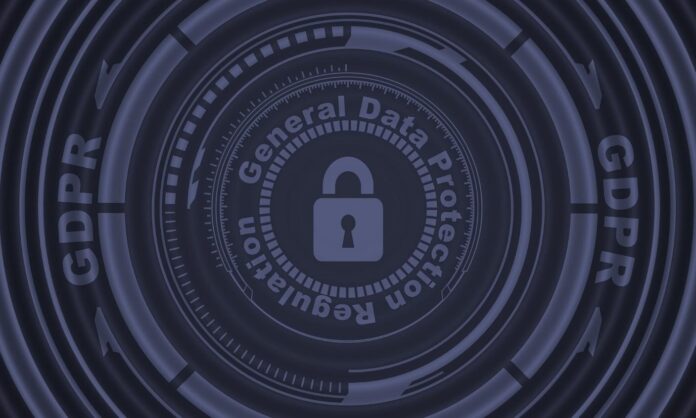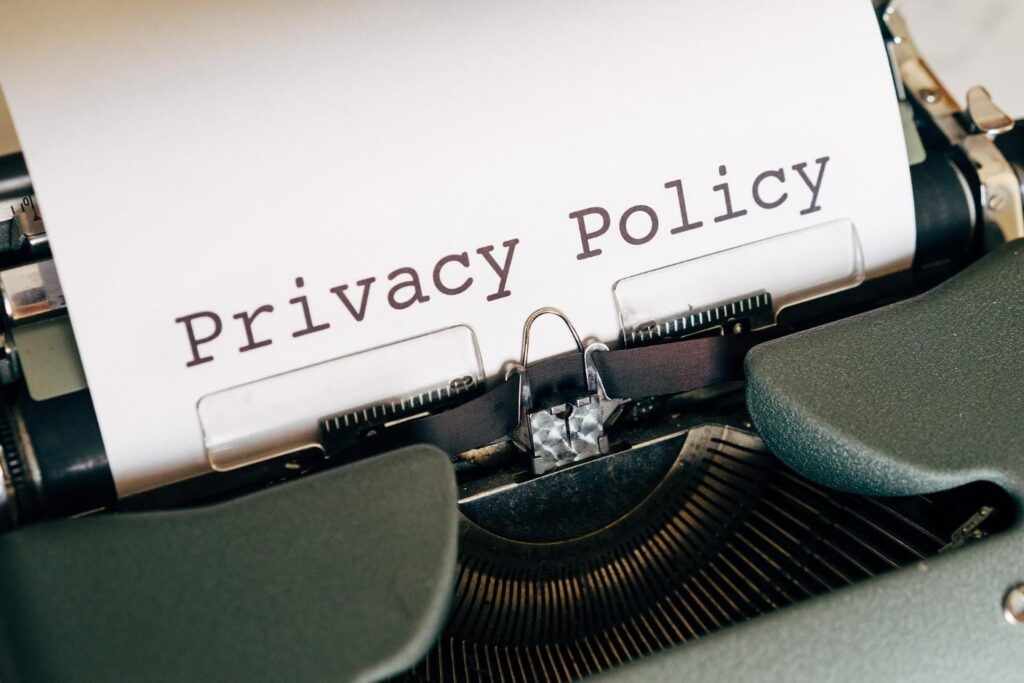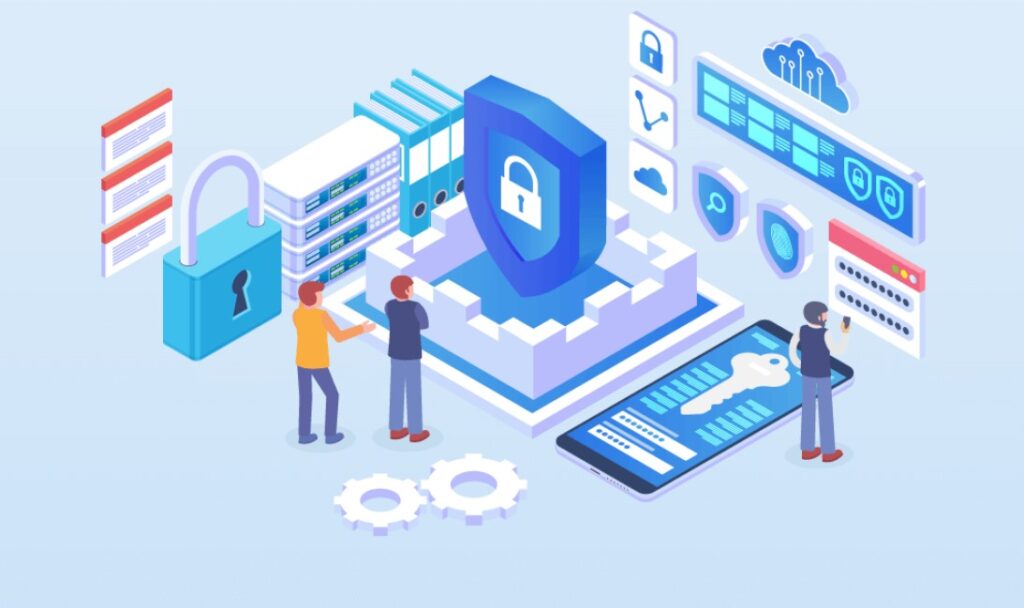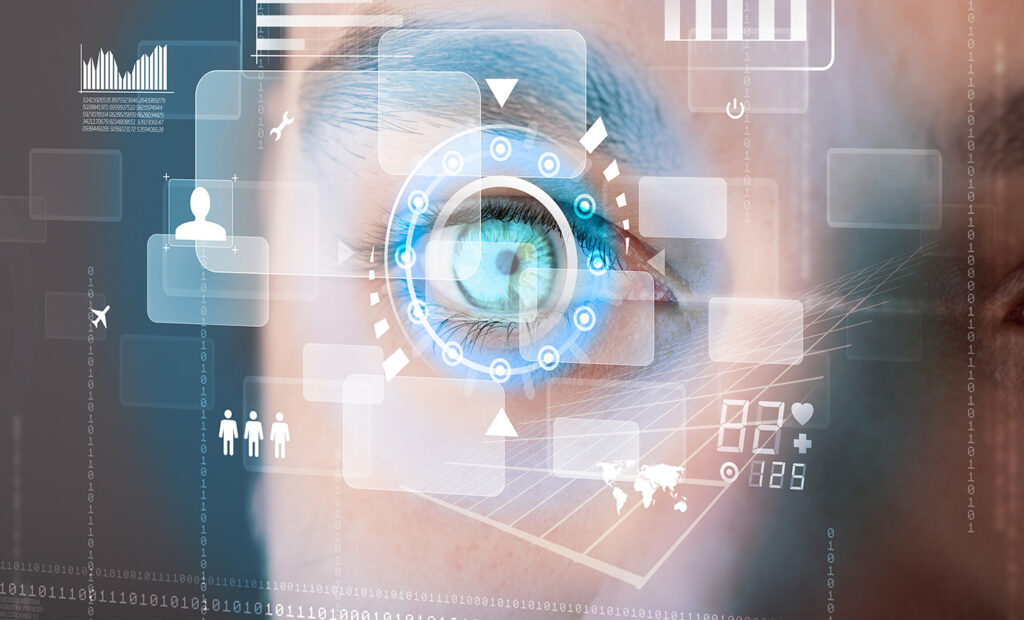
The first and most important purpose of healthcare policy is to protect patient information. Data privacy laws vary from country to country in terms of standards of protection set by the organization and in terms of penalties levied against criminals violating these laws. Most countries drafted comprehensive data privacy laws for instance, GDPR (General Data Protection Regulations) in May 2018. These laws almost protect nearly all types of personal information. In the United States, HIPPA provides details rules and regulations protecting healthcare data. Still, compared to other countries, US lacks any legislation as it has limited sectoral laws in some areas like HIPPA or the GLBA (Gramm- Leach- Bliley Act in the finance industry). In this article, we will be focusing on HIPPA privacy policy and what it entails in terms of providing data security.
The Health Insurance Portability and Accountability Act (HIPAA)
HIPPA is the most important and robust piece of American healthcare legislation. If we look into the history of HIPPA, it was enacted in 1996 by Congress while Bill Clinton signed the law. Originally it was designed to address only health insurance for people. However, nowadays, it is known for its secondary role; the protection of health data or information of Americans. HIPPA came with Amendments related to patient data storage, transmission and handling by individuals in the health care industry. HIPPA gave patients vast rights over their personal data. It gives patients the authority who can and cannot see their information.
HIPPA creating nationwide standards
Additionally, to improve healthcare patients’ rights in the US, HIPPA is also setting standards worldwide for healthcare data security. It has incorporated several new guidelines and protocols to enhance the efficiency of the healthcare industry. For instance, code sets had to be used with patient identifiers to effectively transmit data between the healthcare sectors. This has made transfer efficient and safe between organizations.
HIPPA privacy Rules

Came into the act in 2002, it protects the confidentiality of the patients, such as their sensitive and personal information. It is also known as “Standards for Privacy of Individually Identifiable Health Information”. This rule allows the transfer of data without disturbing its integrity of it.
CE (covered entity) any party that comes in the circle of CE, like health insurers, providers, and business associates, will abide by the HIPAA. This ensures that anybody dealing with a patient’s information (PHI) will maintain privacy.
HIPPA privacy rule includes the protection of information like names, phone contacts, social security number, address, and other registration plate number or bank information. It even protects the electronic prints. It puts the responsibility on the health workers that they also have to watch the patient’s personal data. Any images and videos are also protected.
The “Minimum Information Necessary” Requirement
The privacy rule also deals with how the information should be used, and also its disclosure. For example, it may be disclosed for healthcare billing purposes. However, information will only be disclosed when it is allowed by law which means only if it is in patients interest or received by CE. Whenever the information is shared, it should be the minimum amount necessary for action or process.
HIPAA Data Regulation
The HIPPA regulations is a detailed list of requirements that CE must fulfill to protect Patient’s Protected Health Information (PHI). The three main categories of safeguards are administrative and physical and technical.
Administrative safeguards

It continuously identifies the risk threatening the PHI and makes risk assessments. It ensures that data is safe and secure. It is applied to all CEs and business associates. It carefully looks upon who, when and how will assess the information through regular data security assessments. Any negligence during the data assessment will increase the data breaching. With the concept of bring Your Own Device (BYOD) policies, these administrative safeguards have become even more important. Policies that maintain the integrity of PHI regardless of whether it is on a personal device or otherwise represent best practice.
Physical safeguards
It is more connected with protecting the PHI from unauthorized access and automatically preventing the PHI transfer over digital networks. As it protects the PHI so, it works with hardware. It is concerned with the location of devices and places where data is stored. According to a Manhattan Research/Physician Channel Adoption Study, nearly 90% of doctors use personal advice during their daily work routine. It would not be a leap to speculate that the figures are similar for other healthcare professionals. HIPAA requires that such devices, or any device that can be used to access PHI, must automatically log off after a certain period of inactivity. This is to prevent unauthorized access if a workstation is unattended.
Technical Safeguards

Make sure that HIPPA rules and regulations are not violated while transferring PHI to digital networks. HIPPA deals with three levels of control access, audit, and integrity controls. The first two regard authentication of personnel accessing the PHI, whilst the latter instructs CEs on properly storing PHI. CEs ensure that data integrity is maintained during the transfer of PHI. All text messages and emails should also be secured. They also allow test results – such as X-Rays or CT scans – to be quickly and securely sent between doctors and shared with patients. This can increase collaboration and speed up patient discharge.
If you are looking for detailed information, visit Defensorum, where you will reach out to updated IT news and advice.
Conclusion
Healthcare policy is a recent development in the United States. The first federal laws were not passed till 1974; however, there is a long struggle behind its evolution. The HIPPA privacy rule introduced the national data security standards to protect medical records and PHI. It gives patients more rights over their sensitive information and sets boundaries for the release of records. HIPPA holds people responsible for violations accountable with civil and criminal penalties. HIPPA privacy Rules fulfill more than 400 pages on the Federal registry, so it’s clear that acting upon all rules is impossible. In this article, I have elaborated on many of the essential aspects of HIPPA, but if you want to explore more about its policies, visit the following link.








